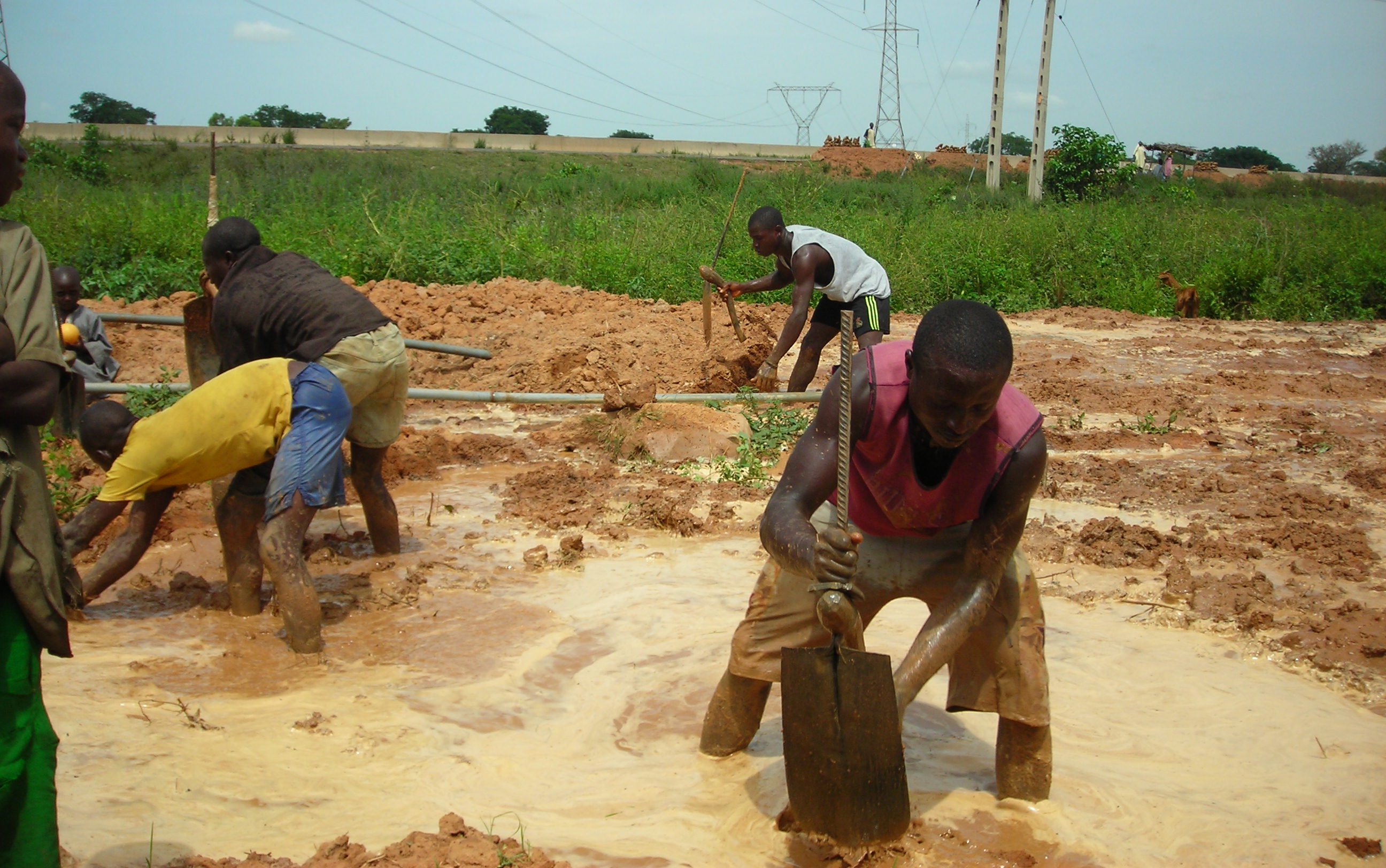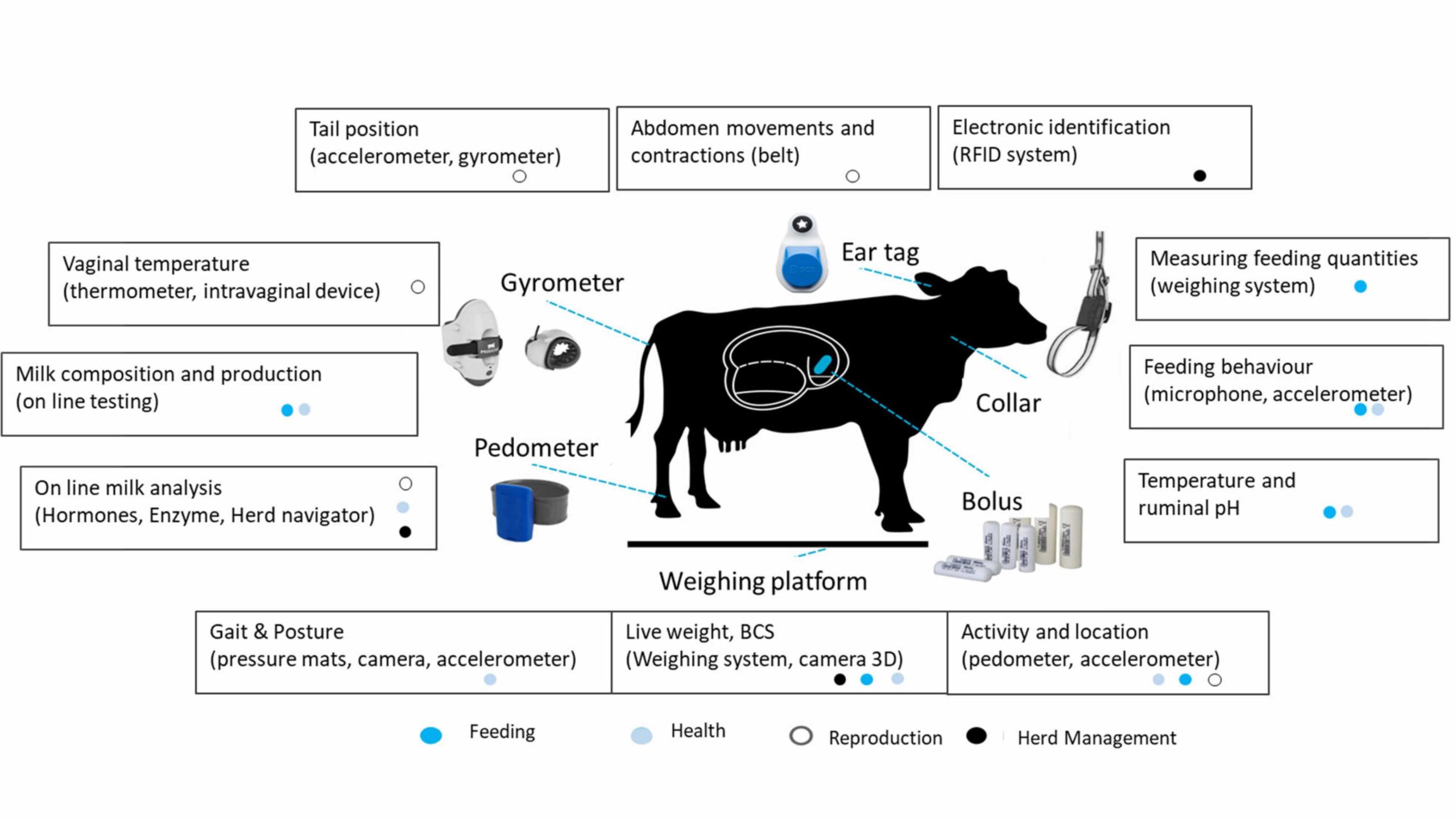Nigerian agriculture is not living up to its potential. In a system mostly dependent on the rainfed cultivation, many Nigerians face ongoing food insecurity and poverty, due in part to chronic under-investment in agriculture. If Nigeria is to attain robust and sustainable growth, it must improve agricultural methods, starting from the ground up. Our research modeling the impact of expanded small-scale irrigation in Nigeria shows this approach has great potential to boost agricultural productivity, and along with it, the economy.
Repairing a broken system
Currently, only 1 percent of Nigerian cropland is irrigated, meaning most farmers can cultivate their fields only during the rainy season. This also leaves farmers and food-insecure populations vulnerable to the changing and unpredictable climate. Expanding irrigation systems in Nigeria would reduce some of the risks of the current system—lessening the impact of droughts that have contributed to widespread famine in the past and extending the productive growing season.
Widespread adoption of small-scale irrigation has the potential to transform Nigerian agriculture. Our modeling shows that approximately 1 million hectares of land is suitable for its adoption. Reaching crops like maize, vegetables, and rice, a new system could bring more than $600 million in increased income for farmers in the dry season alone; and during the rainy season, more land would be available for cultivation. These projected increases in productivity are particularly impressive, as the proposed areas for new irrigation projects make up a total of only 4 percent of total arable land in Nigeria; a relatively small change can yield a high return. In addition, irrigation projects would yield other benefits such as improved supplies of clean water for both drinking and use for livestock.
Putting solutions into farmers’ hands
Small-scale irrigation would give more control to farmers. A “grassroots” approach to agricultural development, small-scale irrigation schemes employing a pumps or small reservoirs can adapt to the needs of each individual. More efficient than larger dams and other national irrigation systems that have fallen short in the past, small-scale irrigation is nimble, avoiding the delays around construction that tend to throttle larger projects.
The Nigerian government’s Agricultural Transformation Agenda has already noted the benefits of irrigation for the country’s agricultural productivity. Notwithstanding these commitments, our work shows that Nigeria should ramp up its efforts around small-scale irrigation for the sake of farmers and food-insecure populations.
Higher agricultural productivity would have particular benefits for rural Nigerians, who remain vulnerable to food insecurity and child malnutrition, with rates of the latter reaching 84 percent in some regions. These trends are especially concerning, given that the Nigerian economy is so dependent on the agricultural sector for employment; employing up to 70 percent of the population. Ongoing conflict has also left the Nigerian economy unstable as a whole, with many displaced from their homes. In the face of such challenges, putting solutions like small-scale irrigation in the hands of growers can help repair a broken food system and bring on-the-ground change to a vital sector of the Nigerian economy.
Of course, irrigation alone won’t solve the broader problems surrounding Nigeria’s agricultural woes; more comprehensive policies are necessary to stimulate growth. Irrigation expansion should be coordinated with agricultural research and development efforts, and practices including nitrogen fertilizer application and wider adoption of modern seed varieties. IFPRI’s continued work in Nigeria shows that sustained agricultural investment and research are key to the country’s economic development.
Expanding small-scale irrigation is one necessary step in a larger movement toward more sustainable and equitable agricultural growth in Nigeria. Breaking the annual cycle of uncertainty and stagnation can help secure local food systems and stable economic growth. Irrigation can provide the boost that the Nigerian economy needs to make the leap from rain-fed to grower-led.
Liangzhi You is a Senior Research Fellow in IFPRI’s Environment Production and Technology Division (EPTD). Hiroyuki Takeshima is a Research Fellow in IFPRI’s Development Strategy and Governance Division. Hua Xie is an EPTD Research Fellow.







